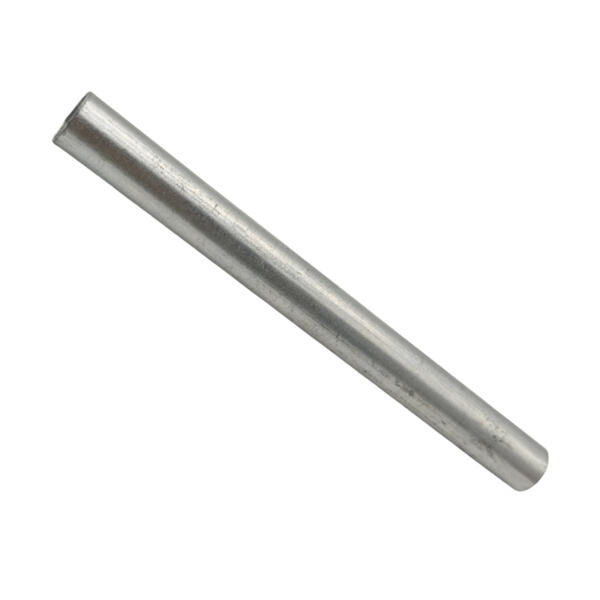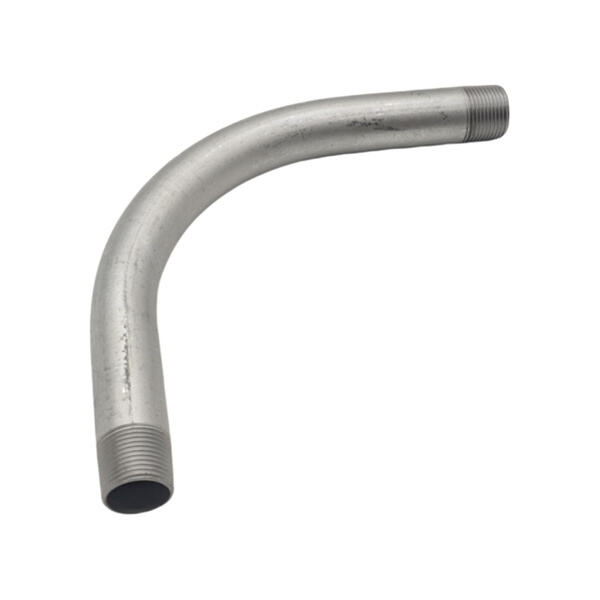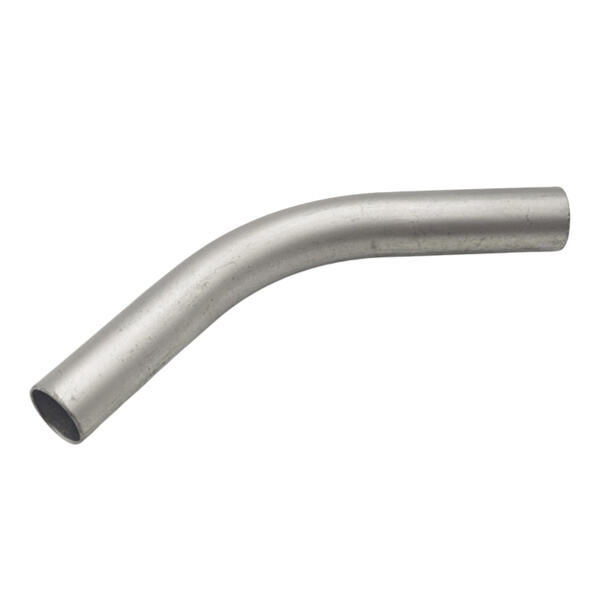Это очень важно для электропроводки. Задумывались ли вы когда-нибудь, почему защитные чехлы необходимы для электрических проводов? Именно это и обеспечивает металлический кабельный канал! Сегодня мы обсудим преимущества использования Металлические кабельные каналы для электропроводки и лучший способ их установки в вашем доме, различные типы, почему это прочное решение для промышленного применения и почему это лучший вариант для защиты вашей электропроводки
Выберите металлические кабельные каналы для защиты ваших электрических проводов. Они создают высокоэффективный защитный барьер, который помогает сохранить провода от повреждений. Следует также отметить, что изношенные кабели могут быть чрезвычайно опасными и даже вызывать пожары. Металлический кабельный канал локализует любые искры, если они возникнут, тем самым снижая риск возгорания Металлические кабельный канал также водонепроницаем, и поэтому он уменьшает вероятность коррозии находящихся внутри проводов под воздействием воды или других жидкостей
Если вы рассматриваете возможность использования металлических трубопроводов для электропроводки в доме, узнайте, как правильно их установить. Первая часть — это планирование расположения трубопровода. Затем просто измерьте и отрежьте трубопровод до нужной длины. После этого вы сможете закрепить его на стенах или потолке с помощью специальных ремней или зажимов. Убедитесь, что вы затянули эти концы и подключили их к электрическим коробкам. В конце вы можете пропустить провод через трубопровод и подключить его к розеткам или выключателям. Вы всегда должны убедиться, что соблюдаете все правила безопасности при работе с электропроводкой в вашем доме.
Используются различные типы металлических трубопроводов, каждый из которых обладает своими особенностями и преимуществами. Одним из распространенных видов является жесткий металлический трубопровод (RMC) с толстыми, массивными стенками. Другой распространенный тип — электрическая металлическая трубка (EMT), которая легче и более удобна в работе. Гибкий металлический трубопровод (FMC) также является хорошим выбором для участков, требующих изгиба и гибкости. Также доступны трубопроводы из нержавеющей стали, устойчивые к коррозии. Важно выбрать правильный тип трубопровода, соответствующий вашим потребностям и проекту.

Термин «фитинги» относится к двум типам соединений, колен, соединительных деталей и переходников, которые отличаются от разных размеров трубок трубопровода.

Если они используются в промышленной среде, необходимо убедиться, что вы используете электрическую проводку, способную выдержать жесткие условия. Металлические кабельные каналы хорошо подходят для этого применения, поскольку они прочные и надежные. Они устойчивы к износу и повреждениям от высоких температур, тяжелых нагрузок и сложных условий окружающей среды. Это делает их подходящими для использования на заводе, складе или других промышленных или коммерческих объектах. Металлические трубы и фитинги также устойчива к химическим веществам и другим вредным веществам, которым могут подвергаться находящиеся внутри провода. В конечном итоге это делает ее прочным и надежным вариантом для промышленной электропроводки.

Итак, что делает металлические кабельные каналы наиболее подходящим типом для защиты электрических проводов? Дело в безопасности и надежности. Металлический кабельный канал отлично защищает провода, предотвращая возникновение пожаров и повреждения проводов. Он даже способен удерживать искры, которые могут возникнуть, предотвращая аварии. Металлический кабельный канал также прочен и устойчив к коррозии, что делает его подходящим как для бытового, так и для промышленного применения. В целом, металлический кабельный канал является лучшим вариантом для защиты проводки в вашем доме, поскольку обеспечивает максимальную прочность, долговечность и безопасность.